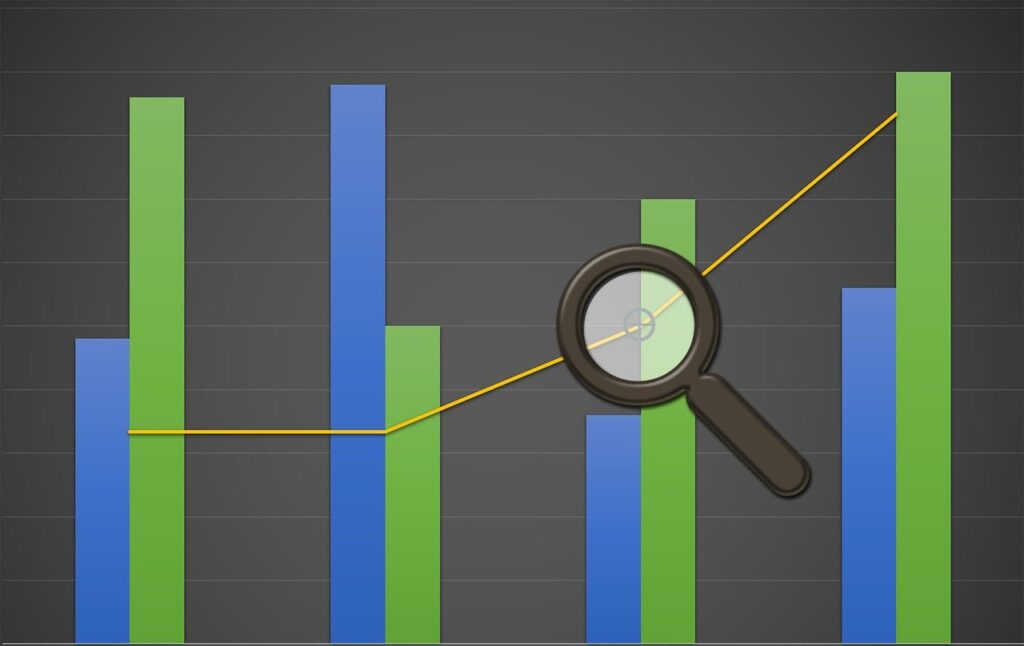Key Points:
- Depreciation: Understand how to account for the decrease in value of your assets over time.
- Loans: Learn how to manage and track your loans effectively.
- Division of Assets and Liabilities: Gain insights into how to divide your assets and liabilities for better financial management.
- Accrual Accounting: Discover the benefits of accrual accounting for tracking income and expenses.
- Financial Statements: Learn how to use financial statements to assess your financial health.
Table of Contents:
1. Depreciation
Depreciation is an important concept in accounting that refers to the decrease in value of an asset over time. By understanding and accounting for depreciation, you can accurately reflect the true value of your assets in your financial statements.
There are various methods to calculate depreciation, such as straight-line depreciation, declining balance depreciation, and units of production depreciation. Each method has its own advantages and is suitable for different types of assets.
2. Loans
Managing loans effectively is crucial for maintaining financial stability. Whether you have personal loans, mortgages, or business loans, it is important to keep track of the loan terms, interest rates, and payment schedules.
Setting up a budget that includes loan payments can help you stay on top of your financial obligations. Additionally, understanding the impact of interest on your loans can help you make informed decisions when it comes to borrowing money.
3. Division of Assets and Liabilities
Dividing your assets and liabilities properly is essential for effective financial management. This involves categorizing your assets and liabilities into different groups based on their nature and purpose.
By dividing your assets and liabilities, you can gain a clearer understanding of your financial position and make informed decisions about investments, debt management, and future financial goals.
4. Accrual Accounting
Accrual accounting is a method of accounting that records income and expenses when they are earned or incurred, regardless of when the cash is received or paid. This method provides a more accurate picture of your financial health by matching revenues and expenses in the same accounting period.
Accrual accounting allows you to track your income and expenses more effectively, providing you with a clearer understanding of your financial position and enabling you to make informed decisions about your money.
5. Financial Statements
Financial statements are essential tools for assessing your financial health. They include the balance sheet, income statement, and cash flow statement.
The balance sheet provides a snapshot of your assets, liabilities, and equity at a specific point in time. The income statement shows your revenue, expenses, and net income or loss over a period of time. The cash flow statement tracks the inflows and outflows of cash during a specific period.
By analyzing these financial statements, you can gain insights into your financial performance, identify areas for improvement, and make informed decisions to manage your money more effectively.







